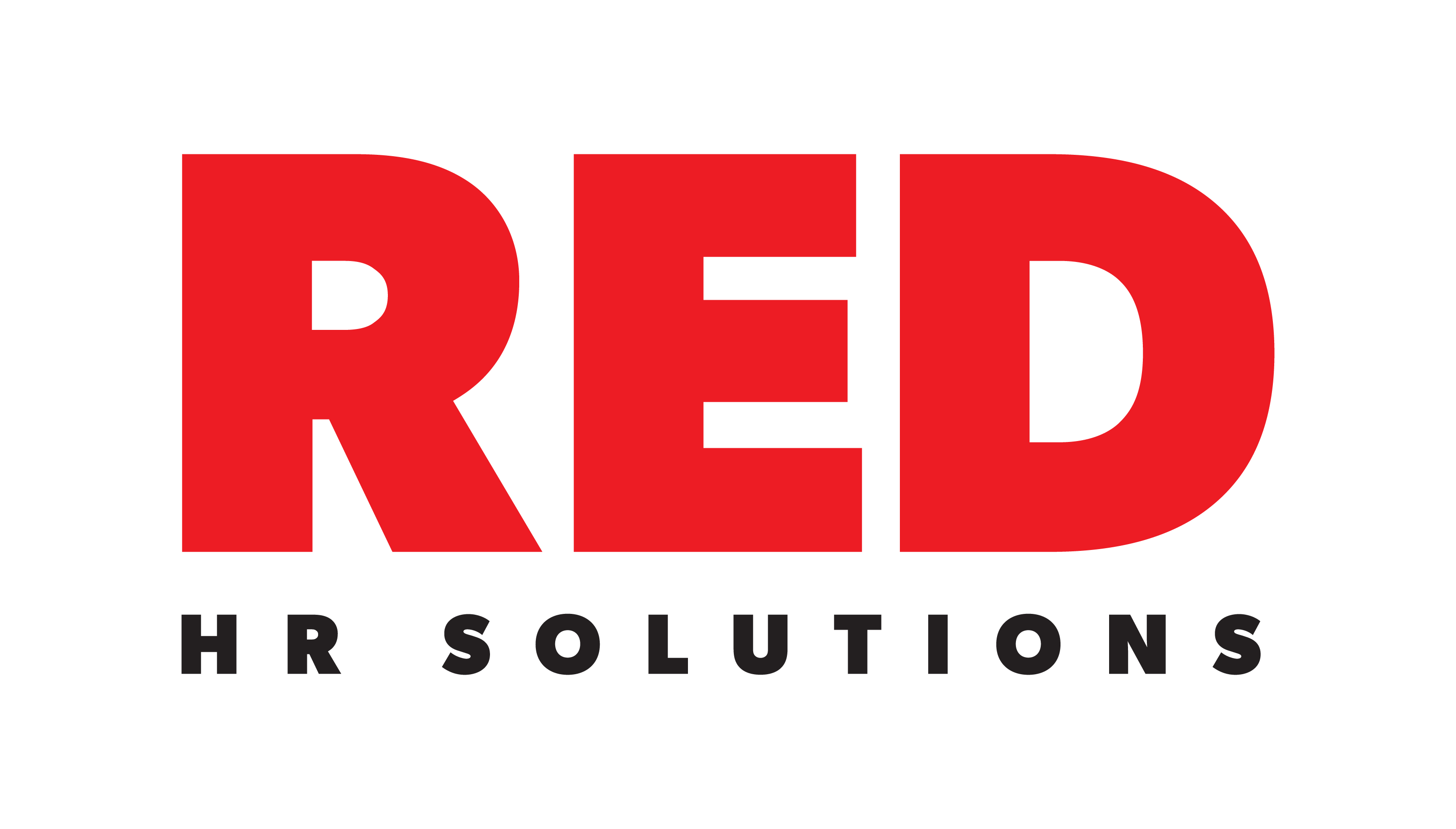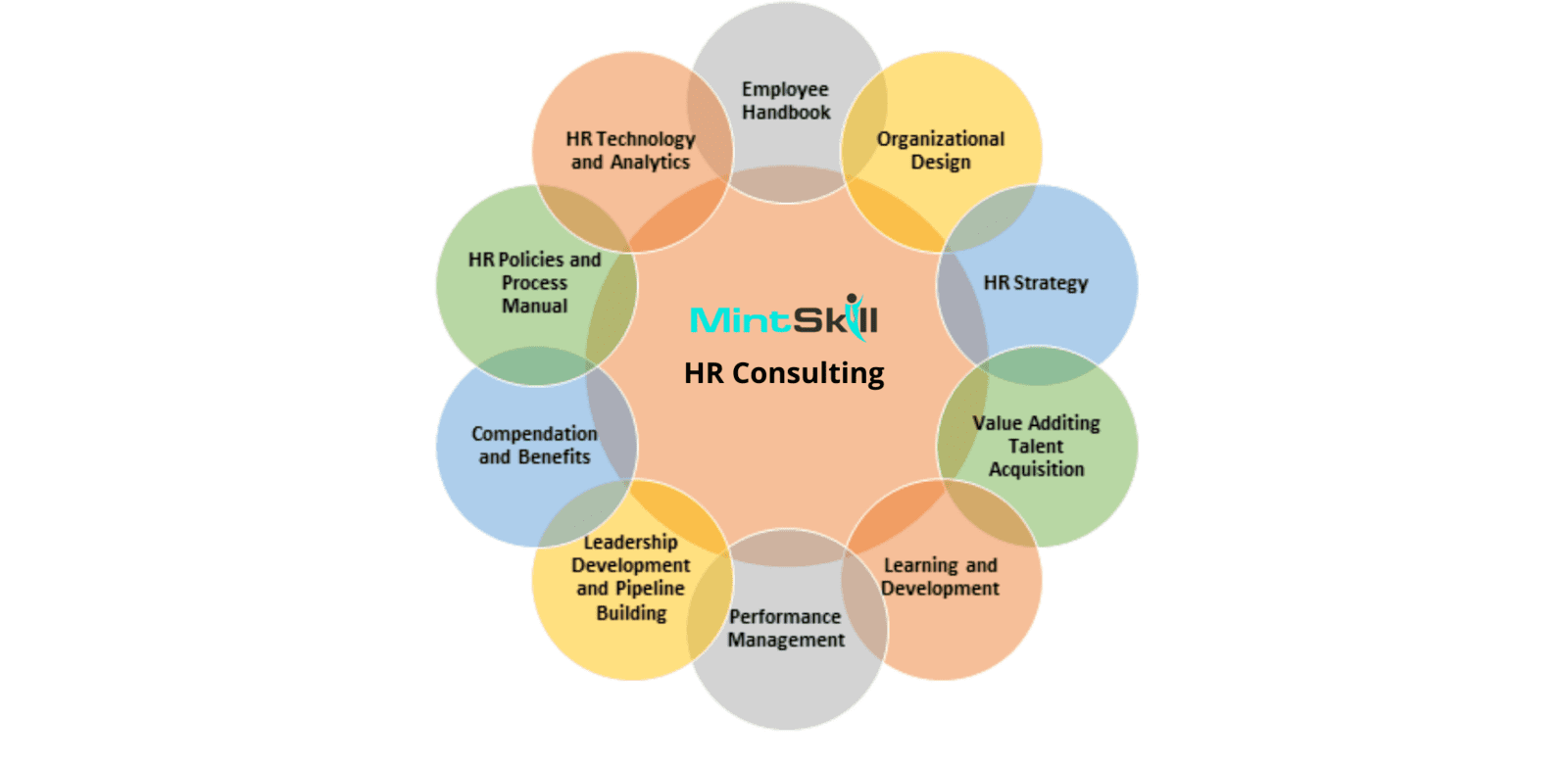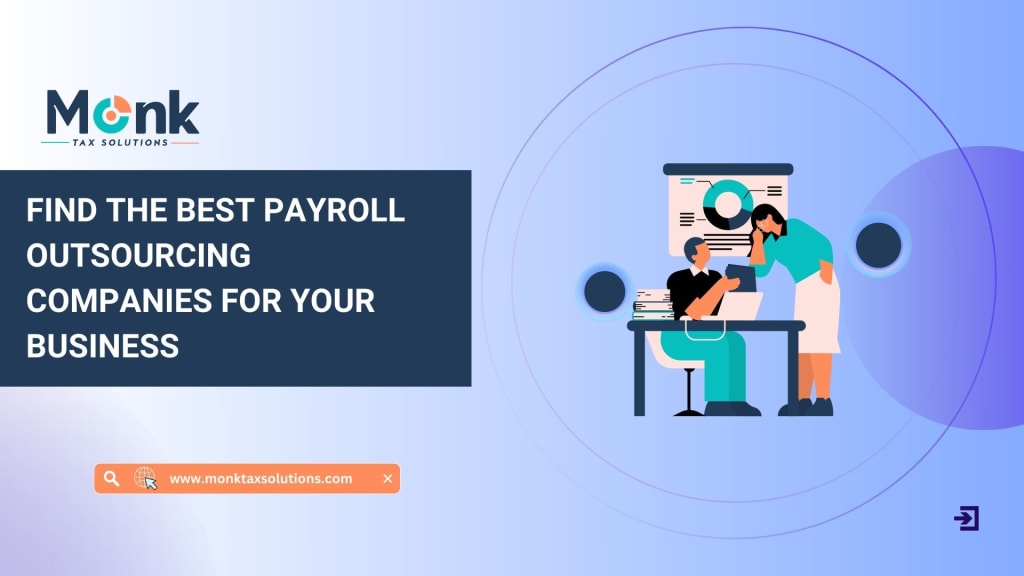Correcting any of these elements after submitting payroll can need a pricey fix or a steep penalty. Even seasoned HR pros might lose days getting the process right by hand. Outsourcing payroll, however, helps companies ensure their payment is accurate and compliant without drowning HR.

It works for business of all sizes. Despite fewer staff members, it's still hard on tight HR teams - some made up of just one individual - to precisely run a small company's payroll. For midsized companies, it can be unreasonable to devote one worker to the procedure (or problem an HR pro with it on top of their present duties).
Unsure if outsourcing payroll is ideal for you? Let's explore what it requires and how it gives companies like yours an edge.
Outsourcing payroll is the process of employing a third-party entity to pay:
- employees
- contractors
- tax firms
- benefits service providers
- and more
Before this practice, it was unprecedented for business to delegate payment to anybody outside the organization. As tech development has streamlined payroll's more laborious tasks, nevertheless, outsourcing payroll can be more affordable.
How does outsourcing payroll work?

Though not every servicer operates the very same way, the normal first action to contracting out payroll involves going into a company's compensation data into a system or software application. This info might include:

- pay rates
- positions
- hiring dates
- perk structure solutions
A group or expert likewise works the account. If you outsource all your HR functions, they'll likely be performed by employees of your tech supplier. Alternatively, this individual or group won't work directly for the service provider, but will have the gain access to they need to run payroll.
Despite who's appointed to the procedure, they most likely won't develop and finish payroll from the ground up. Instead, 3rd parties utilize tools to automate computations and step in to by hand adjust payroll as required. After all, the tech won't always understand about:

- approved PTO demands that weren't entered
- certain reimbursements
- surprise perks
- cash loan
- and more
That's why it's not unusual for a business worker - like a dedicated HR pro - to verify the outsourcer's work before payroll runs. At a bare minimum, the outsourcer will inform the company or key stakeholders when payment heads out.
The reasons for contracting out payroll differ among employers, but they all boil down to taking a time-consuming, error-prone procedure off HR's plate. This could be important for:
- little and midsized business that don't wish to hire a full-time payroll employee
- leaders who desire to focus staff members' time on income and advancement
- organizations that desire their HR pros to focus on people, not a difficult payroll process
- business seeking compliance comfort from external professionals qualified to ensure precision of taxes, reductions and advantages contributions
- fast-growing organizations that don't desire to risk noncompliance or inaccuracy as they scale
But these are specific circumstances. The benefits to using payroll outsourcing business stretch even more than just a stage of your organization's growth.
What are the pros of outsourcing payroll?
The greatest perks of outsourcing payroll include:
- decreasing bias
- lower costs
- accuracy
- effectiveness
- compliance

For circumstances, a tight-knit company experiencing overnight development may not be prepared - or perhaps understand how - to compensate brand-new workers relatively. An unbiased 3rd party, however, will not fall for favoritism or ethical issues, since the best provider determines that with a benefit matrix that rewards employees for efficiency.
Outsourcing payroll also translates to a lower threat of mistakes and compliance violations. Instead of juggling every law internally, you can put that issue in the hands of a real compliance expert. At least, outsourcing payroll lets you unload this vital task without needing to employ your own expert with a full-time salary.
A payroll mistake costs $291 on typical per Ernst & Young. Paycom helps businesses prevent mistakes and their shocking effects.
Outsourcing payroll pulls HR pros out of the administrative trenches and empowers them to concentrate on value-adding work, including:
- operations
employee retention strategies
- recruitment
- compliance unassociated to payroll
- other locations impacting the bottom line
What are the very best practices for contracting out payroll?
Finding the ideal payroll vendor can be daunting. But you can make the right choice if you know what to look for. Here are a few tips for outsourcing payroll with self-confidence.
Find a payroll outsourcer that lines up with your company
An innovative tech company does not do the exact same thing as a popular restaurant. Why would their payroll requires be the same?

While a single software application could cover both their needs, those organizations initially would require to determine what matters to them most. The tech business might be more worried with an easy-to-use, configurable user interface. The dining establishment, however, would require its payroll supplier to likewise:
- handle timekeeping and scheduling
- account for altering head count
- integrate with its point-of-sale tech for easier idea tracking
For a better staff member experience in general, you require a provider that manages more than just payroll - preferably in a single software. With just one login and password, employees can access all the HR data they require, like:
- pay stubs
- time-off balances
- organizational charts
- advantages and open enrollment
- training courses
Most of all, do not settle for an overly rigid supplier. The finest payroll service providers will deal with HR - not against it - to discover the best process.
Keep some control

Yes, a payroll supplier can handle an enormous burden. This does not suggest you need to see every piece of the process, however you need to never be eliminated of it entirely. Ask your possible service provider about your level of payroll oversight.
This does not indicate run your own payroll while you're outsourcing it. Consider it as keeping a backup instead. For example, run a mock payroll for a staff member who has a more complex scenario. Then, whenever you're asked to approve payroll, inspect how the supplier processed the staff member in question. Different figures does not mean they're wrong; you just need to determine who's right.
Communicate with workers
By contracting out payroll, you're turning over a 3rd party with the information that matters most to staff members. They should know what's occurring and have an opportunity to ask concerns. If they have any concerns about their pay, the supplier should have a clear resolution technique.
To this end, designate administrative workers to serve as an intermediary between your workforce and the payroll processor.
Why should companies contract out payroll to Paycom?
Paycom helps you handle not just payroll, however all HR functions, right in our single software. This means staff members do not have to hop between disjointed systems to access the data they need. Meanwhile, HR can concentrate on individuals through retention and culture initiatives.
Our tech provides you the perfect balance of control and automation. In truth, Beti ®, Paycom's employee-guided payroll experience, immediately finds mistakes Then, it guides your individuals to fix them before payroll submission, all in the Paycom app. As an outcome, Beti:
- removes expensive payroll mistakes.
- decreases your company's liability
- engages staff members with their pay
- streamlines keeping an eye on payroll
HR personnel remain associated with the procedure, however they do not have to dig through the weeds or hope payroll's right - they know it is.
Explore Beti to find out why it's the ideal choice for contracting out payroll to Paycom.
DISCLAIMER: The details supplied herein does not make up the arrangement of legal guidance, tax guidance, accounting services or expert consulting of any kind. The information provided herein should not be used as an alternative for assessment with expert legal, tax, accounting or other expert advisers. Before making any decision or taking any action, you need to consult an expert adviser who has actually been supplied with all relevant realities pertinent to your particular situation and for your specific state(s) of operation.
No Data Found!

